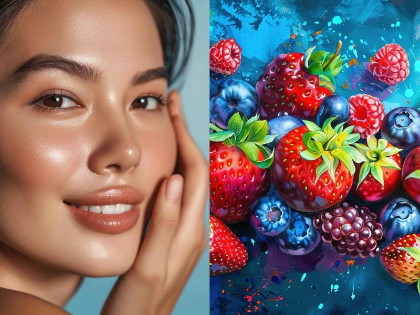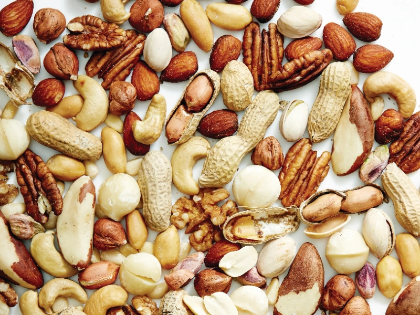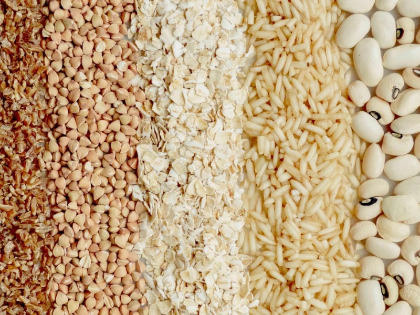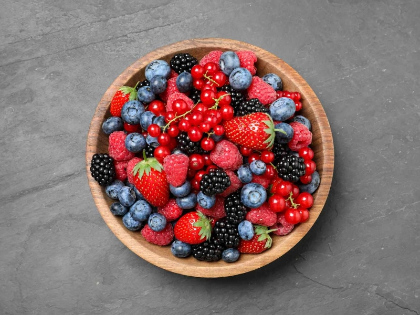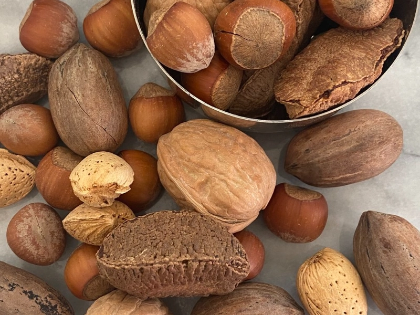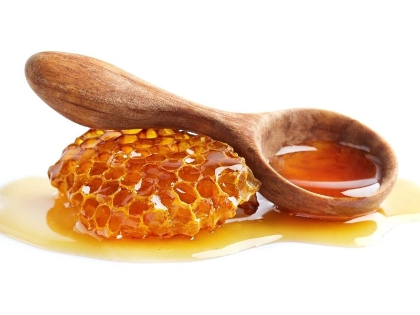Vitamin E: A Key Nutrient for Overall Wellness and Longevity
1. Understanding Vitamin E
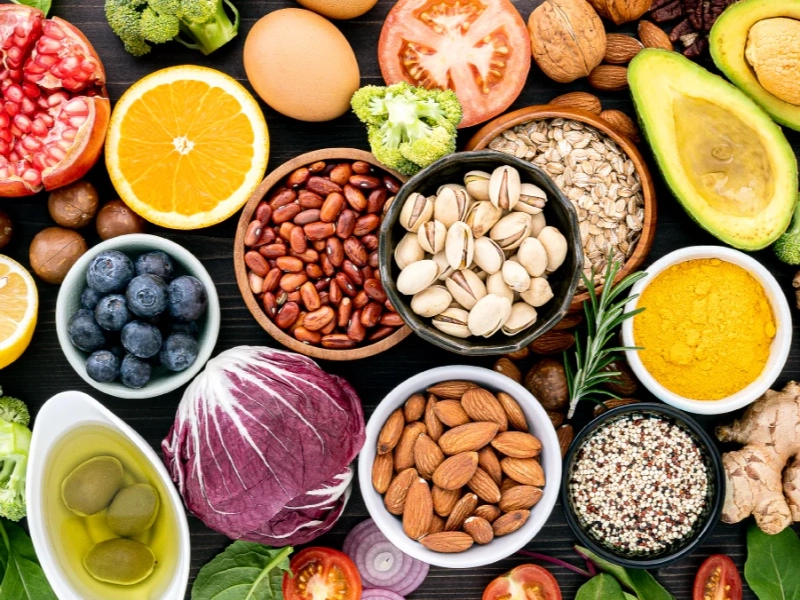 Advertisement
Advertisement
A fat-soluble vitamin, vitamin E is absolutely vital for general health and wellbeing. Its strong antioxidant qualities—which help shield cells from oxidative stress brought on by free radicals—are what make it most well recognised. Not only does this critical vitamin promote immune system, cardiovascular health, and cellular integrity, but also skin condition. Ensuring enough consumption of vitamin E is crucial for a balanced diet and will help to greatly increase lifetime and general well-being.
2. Sources of Vitamin E
There are many foods high in vitamin E, therefore including it into your diet is really straightforward. Natural sources include almonds, sunflower seeds, and hazelnuts among nuts and seeds. Along with vegetable oils—especially wheat germ oil—leafy green vegetables like spinach and kale also abound in vitamin E. For those who might not get enough from their diet, also fortified foods and supplements might offer an extra boost. Including a variety of these foods will allow you to satisfy your vitamin E requirements.
3. Antioxidant Properties
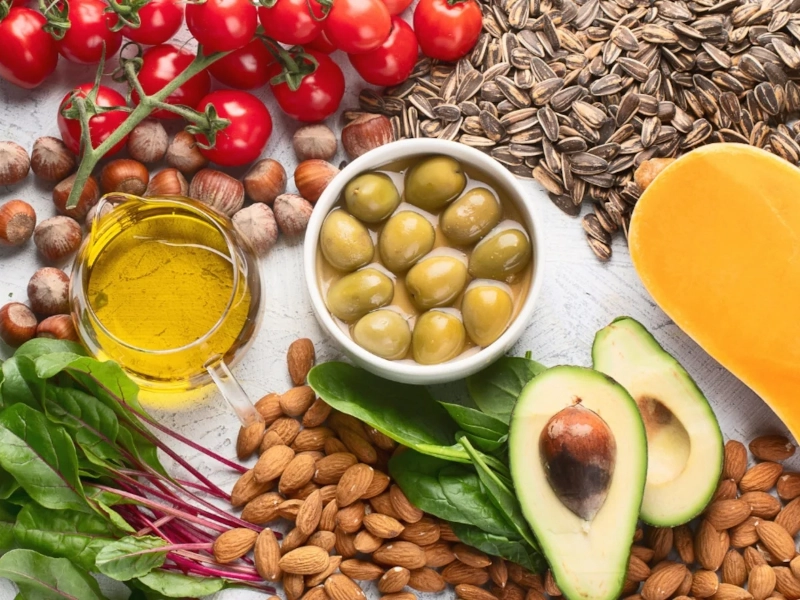
The strong antioxidant action of vitamin E is among its most important advantages. Antioxidants enable the body's free radicals be neutralised, so preventing cellular damage and supporting the ageing process as well as many diseases. Vitamin E supports good ageing and might lower the risk of chronic diseases including heart disease, cancer, and neurological diseases by shielding cells from oxidative stress. Maintaining general health and length of life depends on this preventive action.
4. Skin Health and Protection
Many people praise vitamin E for helping with skin health. Popular in skincare products, its antioxidant qualities help fight skin damage brought on by pollutants and UV light. Vitamin E can aid to lower inflammation, preserve skin moisture, and hasten healing of wounds. Whether from food sources or topical solutions, consistent application of vitamin E can result in better, more robust skin, therefore promoting a youthful appearance and general skin healthiness.
5. Immune System Support
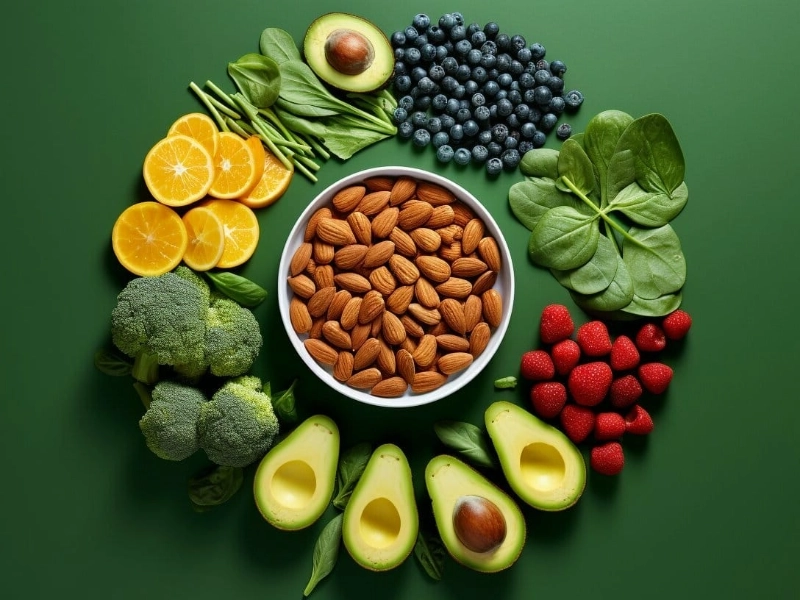
Overall health depends on a strong immune system, hence vitamin E is quite important in strengthening immunological capacity. By encouraging the synthesis of immune cells, it improves the body's capacity to fight off infections and disorders. Studies have indicated that enough vitamin E can boost immunological responses, especially in elderly persons who could have declining immune system. Including foods high in vitamin E into your diet will strengthen your immune system and advance long-term wellness.
6. Cardiovascular Health
Because vitamin E lowers oxidative stress and inflammation—two risk factors for heart disease—it has been connected to cardiovascular health. Vitamin E improves general heart function and helps to preserve good blood arteries by stopping LDL cholesterol from oxidising. Higher vitamin E consumers may have a reduced risk of heart-related problems, according to research. Adding foods high in vitamin E to your diet will help you be proactive in preserving a healthy heart.
7. Cognitive Function
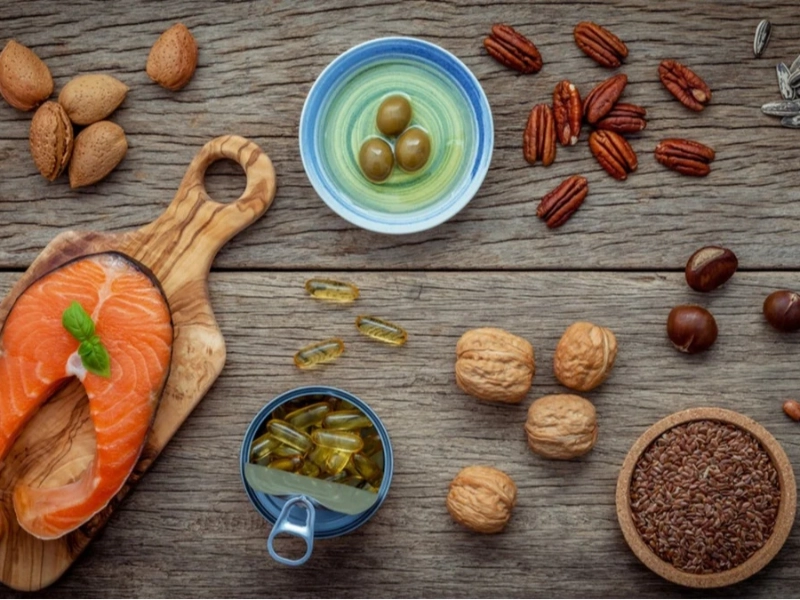
New studies suggest that vitamin E could help to support cognitive ability and lower the risk of neurodegenerative disorders including Alzheimer's by means of its actions. Its antioxidant qualities save brain cells from oxidative damage, which is thought to cause cognitive loss. Higher vitamin E intake has been linked, some studies have found, to a decreased risk of dementia. Either diet or supplements can help to provide sufficient vitamin E levels, therefore supporting brain function and cognitive lifespan.
8. Recommended Intake and Supplementation
Age, gender, and life stage all affect the advised dietary allowance (RDA) for vitamin E. The RDA for adults is around 15 milligrammes (22.4 IU) daily. Although dietary sources are usually the best source of nutrients, supplements can help those who might find it difficult to achieve their demands with diet by itself. Before beginning any supplements, though, it is advisable to see a healthcare professional since too high a vitamin E intake can cause side effects.
9. Potential Deficiency and Symptoms
Since most people can get enough of vitamin E from a healthy diet, lack of this vitamin is somewhat rare. Still, some disorders—including particular genetic diseases or malabsorption syndromes—can cause deficiency. Vitamin E insufficiency can cause muscle weakness, visual difficulties, and compromised immune system. Maintaining best health and resolving possible deficits depend on an awareness of these indicators.
10. Summary of Vitamin E's Importance
One essential vitamin that greatly helps to promote general wellness and lifespan is vitamin E. Its antioxidant qualities improve skin health, fight oxidative stress, strengthen immune system, and help cognitive and cardiovascular systems. You may maximise the advantages of vitamin E by including foods high in it into your diet and watching your dietary intake. Giving vitamin E first priority improves your quality of life and encourages a longer, better life.

